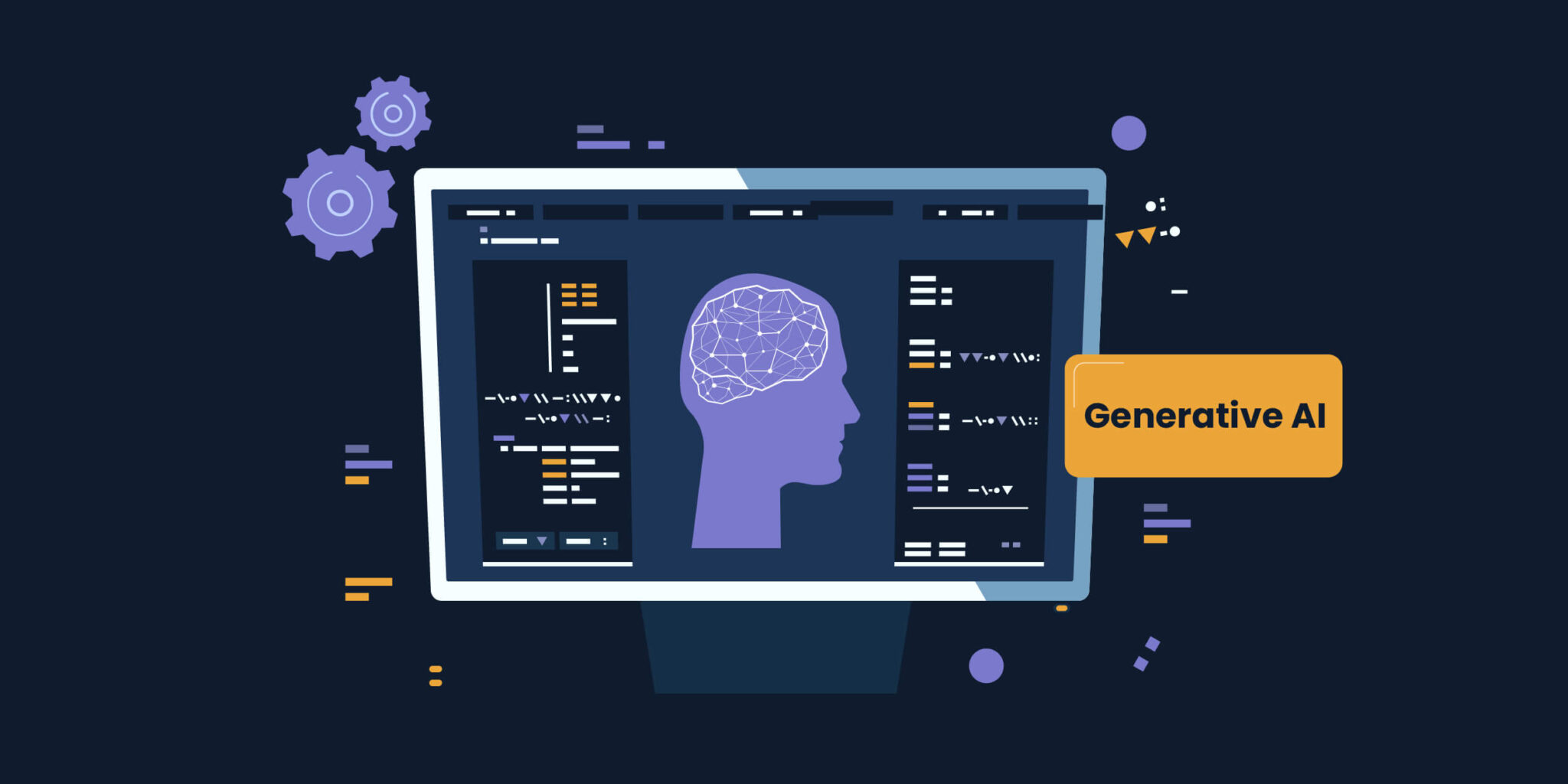The rise of ChatGPT is reshaping the landscape of edtech companies. Some underestimated its impact, leading to challenges like those faced by Chegg. Khan Academy embraced generative AI early, launching Khanmigo powered by GPT-4. Indian edtech firms are using Large Language Models (LLMs) for hyper-personalized learning experiences. However, regulatory concerns around privacy and bias arise. The India Edtech Consortium (IEC) aims to address these concerns through a comprehensive Code of Conduct. Despite challenges like hallucination in LLMs, edtech firms are mitigating risks through data filtering, training, and human review.
ChatGPT is redefining the game for edtech companies, pushing them towards a precipice of either adopting its strengths or risking lagging behind. Last month's trading update from the American edtech heavyweight, Chegg, highlighted how generative AI's growing popularity is negatively influencing its business operations. Although the first quarter's outcome was relatively unaffected, the past couple of months have seen a more pronounced impact.
Several edtech platforms underestimated the power of ChatGPT, landing them on the brink of failure, whereas others like Khan Academy gauged the potential of generative AI early on, and capitalized on it. For instance, in March, Khan Academy rolled out Khanmigo, a GPT-4 driven virtual teaching and learning companion.
Meanwhile, the situation for edtech firms in India remains precarious. Although they witnessed a surge in growth during the pandemic, they now face instability as the world slowly inches towards normalcy. Struggling to maintain their footing, many are downsizing and laying off employees. In such a scenario, generative AI could potentially be the sector's lifeline, offering students a hyper-personalized learning experience.
"Edtech companies will persist as a UX layer (supplying context, capacity, and creativity) above generative AI. If this UX layer is enhanced with Natural Language Processing (NLP) and possesses substantial Machine Learning data, edtech companies can prompt generative AI to create valuable learning experiences," stated Rishabh Ranjan, Chief Data Scientist at SwiftChat by ConveGenius, during his conversation with AIM.
Currently, many Indian edtech firms are harnessing Large Language Models (LLMs) to provide students with hyper-personalized learning experiences. For instance, upGrad is contemplating the development of its own proprietary LLM. Besides, upGrad has also created a GPT-driven chatbot for learners to conduct mock interviews flexibly. Furthermore, it's working on developing a coaching bot.
Similarly, other edtech firms like EdZola and Byju's are using generative AI to boost their services. Byju's announced Wiz, a suite of AI models designed for hyper-personalized learning, which includes BADRI, MathGPT, and TeacherGPT. Cuemath aims to enhance its mathematics teaching approach by personalizing it for each student. They're exploring LLM's use to generate content for maths learning, practice, and exam preparation.
However, the implementation of generative AI also brings along regulatory concerns, highlighting issues around privacy, security, bias, and ethical considerations. To tackle these issues, the Internet and Mobile Association of India (IAMAI) established the India Edtech Consortium (IEC). The IEC's main aim is to develop a comprehensive Code of Conduct for edtech companies, along with establishing an effective grievance redressal mechanism to address consumer concerns.
Though LLMs like GPT-4 hallucinate less compared to its predecessor, GPT3.5, they still do hallucinate. This hallucination leads to inaccurate information, which can result in a student failing an exam by studying incorrect content generated by an LLM. Such challenges are addressed by edtech firms like upGrad through several mechanisms such as data filtering, comprehensive training, and human review.


